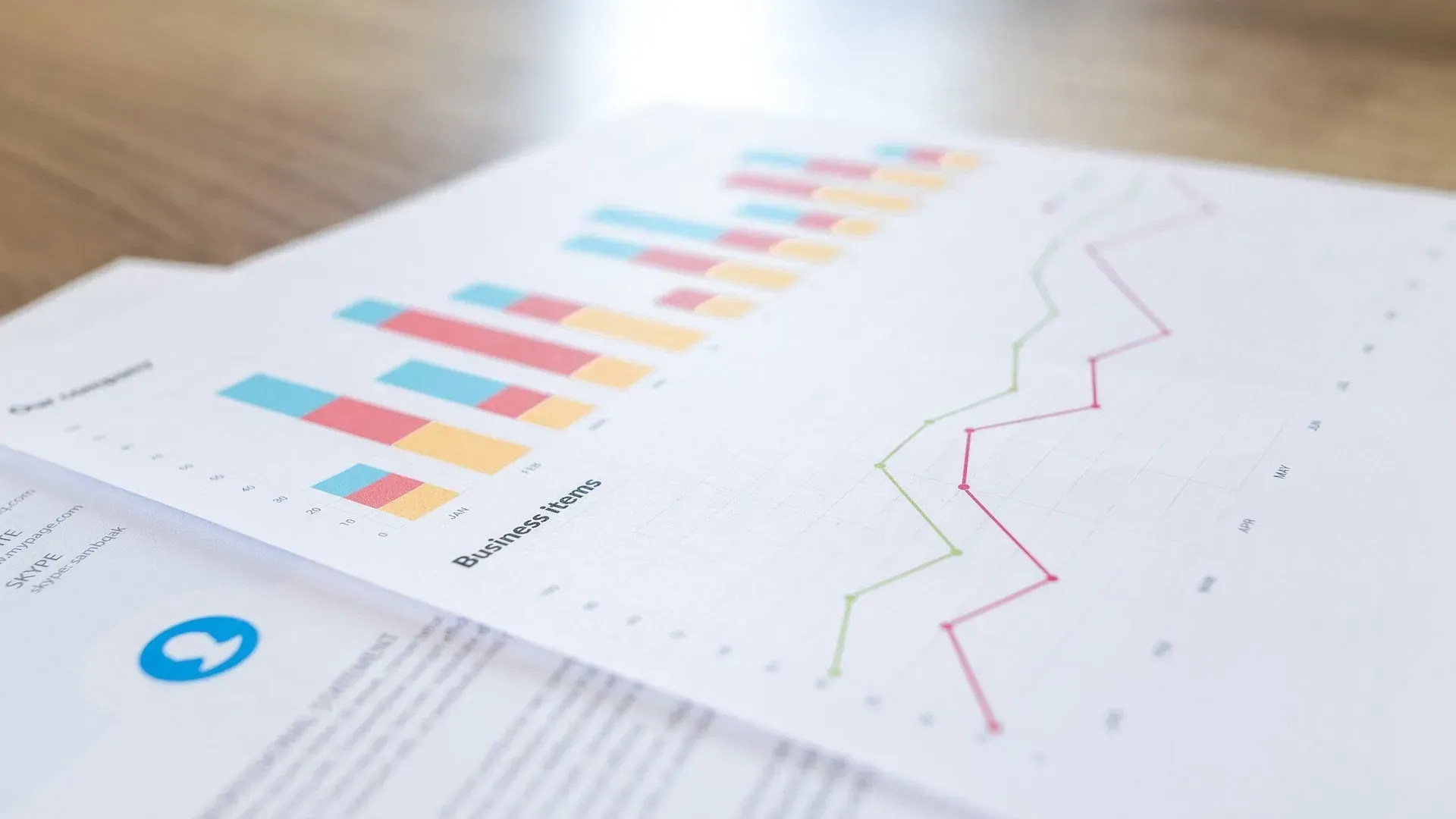The Importance of Data Accuracy in Tableau Dashboards
In the age of data-driven decision-making, businesses rely heavily on data to shape their strategies, monitor performance, and identify new opportunities. Tableau dashboards are powerful tools that allow organizations to visualize and interact with data in meaningful ways. However, even the most visually appealing and sophisticated dashboards are only as useful as the quality of the data they display. Data accuracy is critical for ensuring the insights derived from Tableau dashboards are valid, actionable, and beneficial to the organization.
In this article, we’ll discuss why data accuracy is essential in Tableau dashboards, how it impacts business decision-making, and the steps you can take to maintain high levels of data accuracy.
1. Accurate Data Drives Informed Decision-Making
The primary function of Tableau dashboards is to provide decision-makers with a clear view of key metrics and performance indicators. However, when data is inaccurate, the insights drawn from the dashboards can lead to misguided decisions. For instance, an error in sales data might suggest that a product line is performing well when, in reality, it’s underperforming.
Accurate data ensures that business leaders are basing their decisions on factual information, leading to smarter strategies and more effective outcomes. Inaccurate data, on the other hand, can result in poor decision-making, wasted resources, and missed opportunities.
2. Maintains Trust Across the Organization
When data accuracy is prioritized, teams and stakeholders across the organization can trust the information presented in Tableau dashboards. Conversely, if teams frequently encounter inaccuracies or inconsistencies in the data, their trust in the dashboards—and the data team—will erode.
This erosion of trust can lead to teams spending additional time verifying data instead of focusing on interpreting it and making decisions. Maintaining a high level of data accuracy helps foster a culture of confidence in the data, allowing everyone to focus on their work without second-guessing the reliability of the dashboards.
3. Prevents Costly Errors
Even minor inaccuracies in data can have significant financial consequences. For example, inaccurate sales forecasts might lead to overproduction, resulting in wasted inventory and increased costs. Similarly, an inaccurate marketing dashboard might overestimate the effectiveness of a campaign, causing overspending on underperforming channels.
By ensuring that the data presented in Tableau dashboards is accurate, businesses can avoid these costly errors and optimize their resource allocation. Accurate data helps ensure that investments are made in the right areas, leading to better overall efficiency and profitability.
4. Improves Operational Efficiency
When data is accurate and reliable, teams can focus on optimizing performance rather than correcting mistakes. Inaccurate data requires constant validation, reconciliation, and manual corrections, which can be time-consuming and labor-intensive.
With accurate data, teams can trust the dashboards and focus on more strategic activities. For instance, instead of questioning the validity of sales or operations metrics, teams can work on optimizing supply chains, improving customer experiences, or fine-tuning marketing campaigns. Data accuracy boosts overall efficiency and helps streamline business processes.
5. Provides Reliable Benchmarking
Organizations rely on Tableau dashboards to track performance against benchmarks and goals. Accurate data ensures that performance metrics are valid, allowing for meaningful comparisons over time. If data is inaccurate, benchmarks become unreliable, making it difficult to assess progress and performance.
For example, comparing sales from one quarter to another is only meaningful if the data is accurate and consistent across time periods. Without accurate data, performance comparisons lose value and can create a false sense of success or failure.
6. Avoids Compliance and Reporting Issues
Many industries are subject to strict regulations regarding data collection, storage, and reporting. Inaccurate data in dashboards can lead to non-compliance with these regulations, resulting in fines, legal action, or damage to the organization’s reputation.
In addition, inaccurate reporting can harm relationships with investors, customers, and other stakeholders. Businesses that present inaccurate data in their external reports risk losing credibility and trust. Accurate data ensures that organizations meet their compliance obligations and present trustworthy reports to external stakeholders.
7. Ensures Effective Data Storytelling
One of Tableau’s strengths is its ability to help businesses tell compelling stories with their data. However, data storytelling only works when the underlying data is accurate. Even the most visually engaging dashboards will fail if the data they present is flawed or incomplete.
For example, a marketing team might use a Tableau dashboard to illustrate the success of a recent campaign. If the data is inaccurate, the story could be misleading, resulting in wasted budget or a false narrative about the campaign’s success. Accurate data ensures that the stories told through Tableau dashboards are not only engaging but also truthful and actionable.
8. Facilitates Collaboration Across Departments
In many organizations, different teams and departments rely on the same Tableau dashboards to gain insights into their respective areas. When data is accurate, it fosters collaboration and alignment across teams. Sales, marketing, finance, and operations teams can all base their strategies on the same reliable data.
However, when data is inaccurate or inconsistent, it can lead to miscommunication and conflict between departments. Different teams might arrive at conflicting conclusions due to faulty data, making it harder to work together effectively. Accurate data promotes cross-functional collaboration and ensures that all teams are aligned around shared insights.
9. Enhances Predictive Analytics and Forecasting
Tableau is often used not just for reporting on past and present performance but also for forecasting future trends. However, predictive models are only as good as the data they’re built on. Inaccurate historical data will lead to inaccurate forecasts, undermining the organization’s ability to plan effectively for the future.
By ensuring that the data feeding into Tableau dashboards is accurate, organizations can improve the reliability of their predictive analytics and make better-informed forecasts. Accurate data leads to more realistic predictions and allows businesses to make proactive, data-driven decisions.
10. Supports Data-Driven Culture
A data-driven culture is one where decisions at all levels are based on data rather than intuition or guesswork. In such a culture, Tableau dashboards play a central role in guiding strategy and decision-making. However, if the data in these dashboards is inaccurate, it can undermine efforts to build and sustain a data-driven culture.
Ensuring data accuracy in Tableau dashboards supports the development of a data-driven culture by giving everyone in the organization access to trustworthy, actionable insights. This helps teams become more confident in using data to make decisions, leading to more strategic and informed actions across the business.
How to Maintain Data Accuracy in Tableau Dashboards
Now that we’ve established the importance of data accuracy, let’s explore how you can maintain high levels of data quality in your Tableau dashboards:
- Regularly Audit Data Sources: Periodically review your data sources for errors or inconsistencies to ensure that the data feeding into Tableau is accurate.
- Automate Data Updates: Use Tableau’s data connection features to automatically update your dashboards with the latest data, reducing the risk of manual entry errors.
- Implement Data Validation Rules: Create rules to check for outliers, missing values, or inconsistencies in the data, helping to identify potential inaccuracies before they affect your dashboards.
- Collaborate with Data Teams: Work closely with your data analysts and IT teams to ensure that data pipelines are optimized for accuracy and that data is being pulled from reliable sources.
- Train Users on Data Integrity: Educate employees on the importance of data accuracy and best practices for maintaining clean and consistent data across systems.
Inaccurate data can severely undermine the effectiveness of Tableau dashboards, leading to poor decision-making, operational inefficiencies, and mistrust across the organization. On the other hand, accurate data empowers teams to make informed decisions, fosters collaboration, and helps businesses stay on track with their strategic goals.
At Arctic Analytx, we understand the critical role data accuracy plays in successful dashboard implementations. If you’re ready to ensure your Tableau dashboards deliver reliable and actionable insights, reach out to us today. Let us help you maintain data accuracy and unlock the full potential of your Tableau investment.



